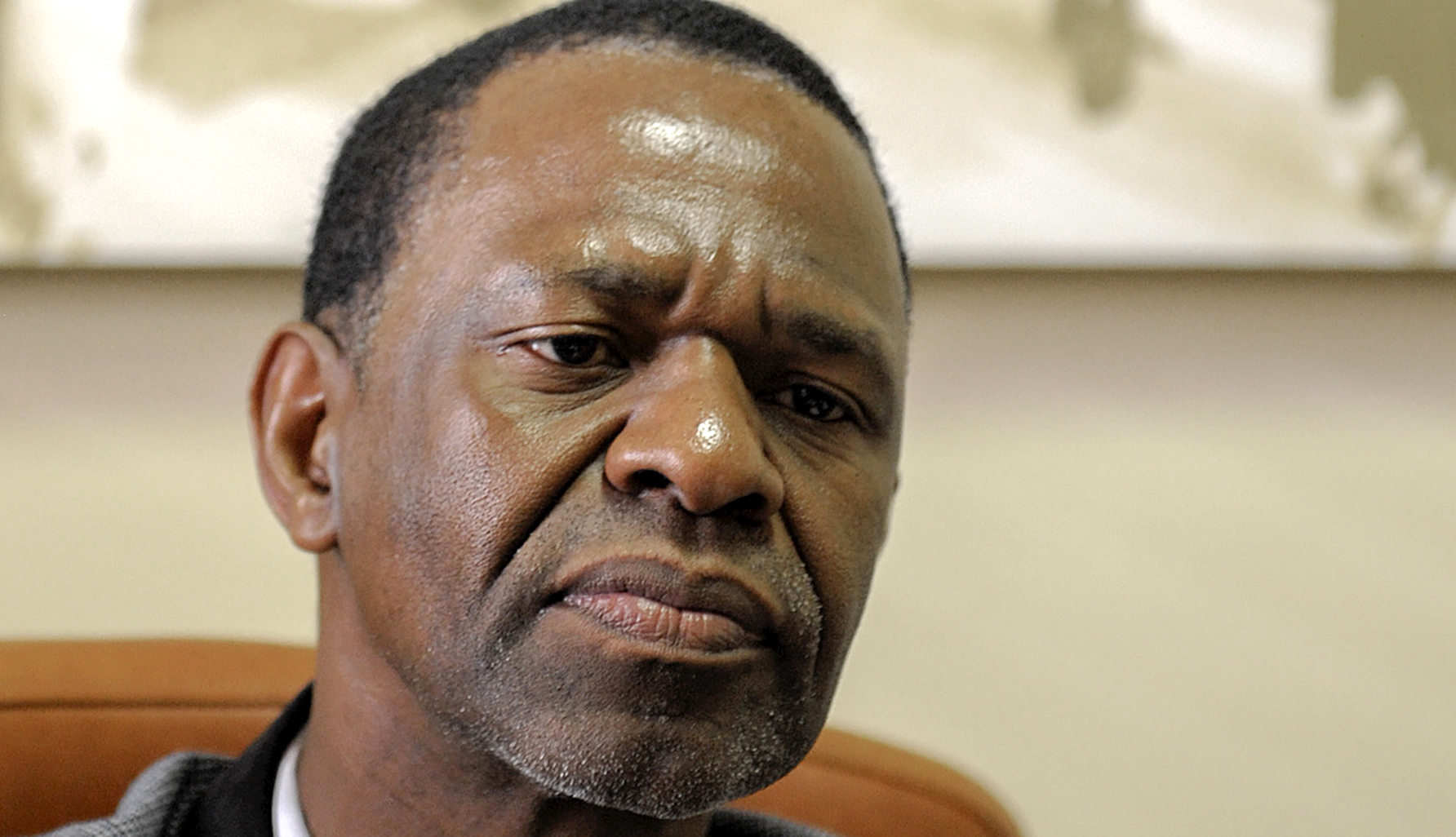SERVICE DELIVERY OP-ED
Rural healthcare — a constant struggle against heavy odds

As the government fails to fulfil its constitutional mandate of providing equitable healthcare services to all South Africans, healthcare workers have stepped in. They often have to moonlight as researchers, community advocates and social workers, and even contribute to health policy development.
To my disappointment, the conference didn’t open with a prayer.
The recent 26th Rural Health Conference was a remarkable testament to the fact that to thrive in rural healthcare, one must possess not only a burning passion for the profession, but also a deep sense of a spiritual calling to this field.
For those who choose to answer this calling, rural health becomes more than just a career; it is a lifelong vocation that demands unwavering dedication and unrelenting commitment.
It is unfortunate that in many parts of our state, healthcare providers have been forced to make do with the bare minimum, often at the expense of the people they serve.
However, the conference served as a beacon of hope, inspiring attendees to strive for excellence and to embrace a more holistic approach to healthcare that prioritises the needs of patients above all else.
“Celebrating Rural Service” was this year’s theme, which felt bittersweet. While rural health professionals should be celebrating their heroic and triumphant moments, it was evidence of the need for the state to be more responsive to the needs of the communities it serves.
Spirit of ‘vukuzenzele’
The rural nurse of the year, Nosiphiwo Gunuza, was recognised for making an alternative plan to urgently get a very sick patient to the nearest hospital which was 20km away. Gunuza’s clinic had no cellphone reception.
This spirit was reinforced by a harrowing presentation by Vatiswa Henge-Daweti, a pharmacy manager, who related the story of a 14-year-old cancer patient who missed out on several chemo treatments due to socioeconomic challenges.
On the third day, a Tekano fellow and professional nurse, Judiac Ranape, spoke about access to healthcare for vulnerable communities as part of their work with the Mnceba clinic in Ntabankuluno.
The facility didn’t have water and sanitation facilities, no shelter for waiting patients and no maintenance. Their interventions helped the facility overcome some of these challenges. While they have the skills and ability, it is clear that their services are often taken for granted.
But this was not a gathering of complainers. Instead, discussions focused primarily on the challenges rural communities experience in accessing rural healthcare.
The conference featured several speakers from the healthcare system, each presenting various interventions and research findings. During the discussions, colleagues actively pointed out aspects that had not been considered and raised questions about the methods and overall approach typical of any conference.
Amid these discussions, a question emerged: “Apart from highlighting the issues, what are you doing to address them?”
The spirit of “vukuzenzele” [wake up and do it yourself] was alive and well in our midst.
In that moment, if our failing state were a silent observer, it might have felt a sense of satisfaction, because incompetence doesn’t like the spotlight on itself.
Instead of government fulfilling its mandate of providing equitable healthcare services to all South Africans, as outlined in Section 27 of the Bill of Rights, healthcare workers have stepped in.
In addition to performing their duties effectively and compassionately, rural healthcare professionals are encouraged to moonlight as researchers, community advocates and social workers, and even contribute to health policy development.
Platitudes and plans
For the first time in the history of the rural conference, both the national and provincial health departments showed their support.

Eastern Cape MEC for Health Nomakhosazana Meth. (Photo: Hoseya Jubase)
MEC for Health in the Eastern Cape, Nomakhosazana Meth, delivered a typical political speech, reminding the audience that her administration had inherited poor infrastructure from the apartheid government; mentioning the numerous “state-of-the-art” facilities at a cost of a few million that are being built, a total of 12 in her case; and, lastly, a Mandela quote: “It always seems impossible until it’s done.”
Since austerity measures have been announced recently, it’s evident that the infrastructure issues she mentioned are formidable.
Dr Sibongiseni Dhlomo, the Deputy Minister of Health, demonstrated a calm and charismatic demeanour, coupled with invaluable political expertise, that allowed him to engage with rural health professionals as peers. He spoke with knowledge of the healthcare workers and the communities they serve.
Dhlomo also highlighted the difficult choices that many rural women have to make, such as foregoing antenatal clinic visits to buy bread instead. He emphasised the benefits of mobile health services and the central chronic medicines dispensing and distribution programme, which provides pick-up points for chronic medication to bring healthcare services closer to communities.

Deputy Health Minister Dr Sibongiseni Dhlomo. (Photo: Joyrene Kramer)
However, his response to a question about clinical associates and a 15-year-old’s pledge left a bitter taste in the mouth. He almost rebuked the young lady for her question and dismissed it as unfair since he had not received a recent report on the matter.
Rolene Wagner, head of department of Eastern Cape Health, offered a glimmer of hope during the conference’s final day. She was candid about the obstacles they encountered and began her presentation by saying, “Let me tell you what we have been doing in our offices, while you are in the trenches.”
She explained the technicalities involved in managing a financially challenged department and presented a much-needed maintenance plan for health facilities, which the province plans to implement soon.
While Wagner sounded like a woman with a plan, we are cautiously optimistic that she will bring the change Eastern Cape Health desperately needs to see.
Read more in Daily Maverick: Protecting rural health must be a priority in times of economic turmoil – new report
When all is said and done, it’s important to note once again that this was not a gathering of complainers; instead, rural healthcare practitioners came together to find solutions to the daily challenges they face through government policies that disable people, to really “vukuzenzele”.
Their daily struggle is one for better road infrastructure, access to healthcare facilities, increased literacy levels, measures to combat poverty, dilapidated facilities and understaffed healthcare centres.
Looking back, it seems that future conferences of this nature should start with a prayer – because rural healthcare practitioners have to rely more on supernatural intervention than on the state to help them through their daily struggles. DM
Phemelo Khaas is the Rural Health Advocacy Project communications manager.



















 Become an Insider
Become an Insider
Comments - Please login in order to comment.